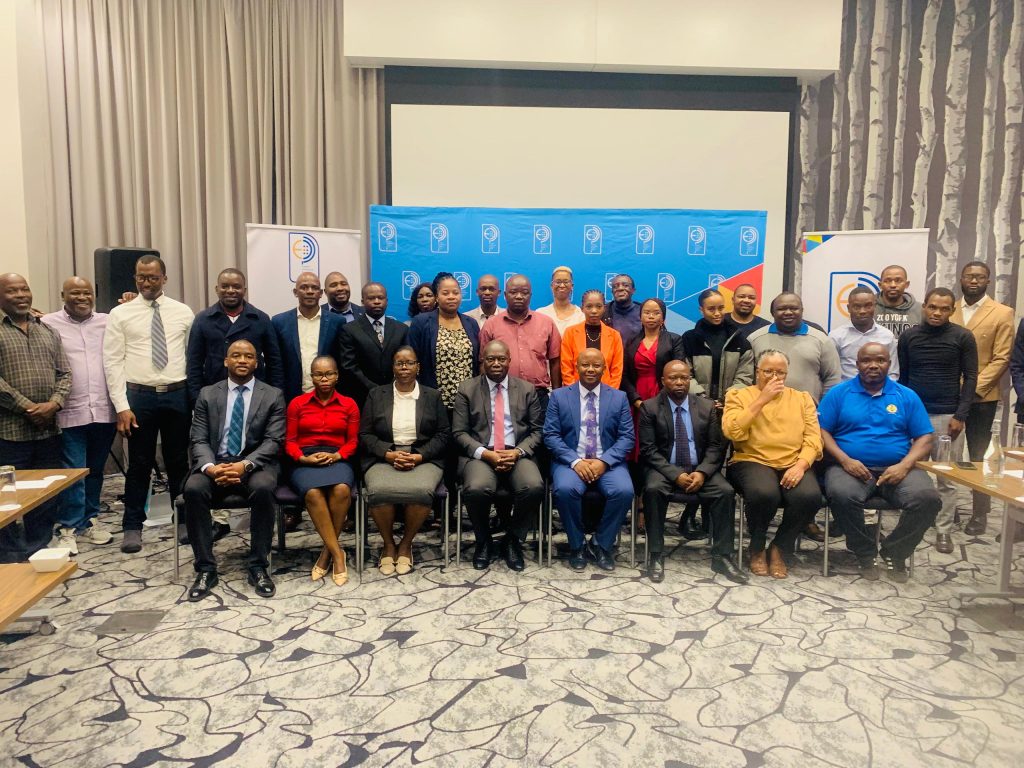
The Principal Secretary of the Ministry of Commerce, Industry and Trade, Melusi Masuku, articulated that their goal is to establish ‘the best copyright system in the continent.’
The economic implications of a robust copyright system are profound. Masuku emphasized the importance of evidence-based decision-making, stating, “We are looking to create a copyright system that not only protects creators but also contributes significantly to our Gross Domestic Product (GDP), employment rates, and national exports.”
This ongoing copyright study underlines the government’s commitment to understanding the sector’s empirical contributions, revealing that intellectual property could indeed become “our biggest comparative advantage as a nation.”
Preliminary findings from this study suggest that the creative sector is not just a cultural asset but a vital component of the economy. With the rise of digital platforms, the potential for revenue generation from copyright is increasingly vast.
RELATED:Reducing risks in business
The Principal Secretary noted, “Given the increasing interconnectedness of the world, reaching global markets through digital means has become an indispensable tool.
” As revenues from digital content soar to unprecedented heights, this presents an extraordinary opportunity for copyright owners to capitalize on a market that knows no borders.
In a definitive step towards enhancing copyright protection, the Cabinet’s recent approval of accession to the ‘copyright internet treaties’ marks a significant milestone.
These international legal instruments aim to ensure that creators’ rights extend into the digital realm, safeguarding their works and opening doors to new markets.

Masuku expressed optimism about these developments, stating, “In this session, there will be further elaboration on these developments and what it means for copyright exploitation.”
However, the journey toward an effective copyright system is not without challenges. The historical context of Copyright Societies or Collective Management Organizations (CMOs) reveals a legacy marred by monopolies and a lack of transparency.
Masuku acknowledged this troubled genesis, asserting that “our Copyright Society has to depart from those roots and tendencies and project itself as an accountable entity for all classes of membership.”
The call for transparency is paramount, and updates on the Membership Rules reflect a commitment to a more equitable system that serves its members effectively.
Moreover, the balance between creators’ rights and users’ interests remains a contentious issue. The Copyright Act mandates the establishment of tariffs for the public use of copyrighted content, necessitating a careful negotiation between the two parties.
RELATED:Govt takes steps to understand copyright contribution to economy
“The draft Copyright Tariffs are a proposal seeking to find a middle ground that could work for all of us,” Masuku remarked, highlighting the delicate equilibrium that must be struck to ensure creators can make a living while also facilitating access for users.
The government’s commitment to establishing a forward-thinking copyright system reflects a broader understanding of the economic landscape. As Melusi Masuku aptly stated, the goal is to create a framework that allows the nation to “export our intangible assets to the world.”
With the right policies and a transparent approach, Eswatini could indeed become a creativity hub on the global stage, harnessing the power of copyright to drive economic prosperity.






